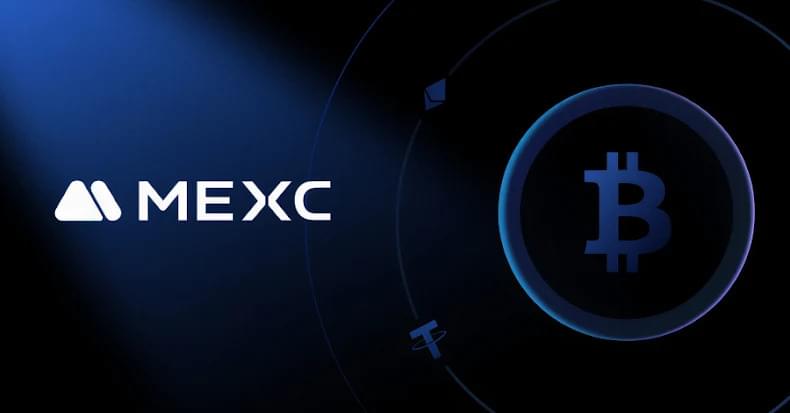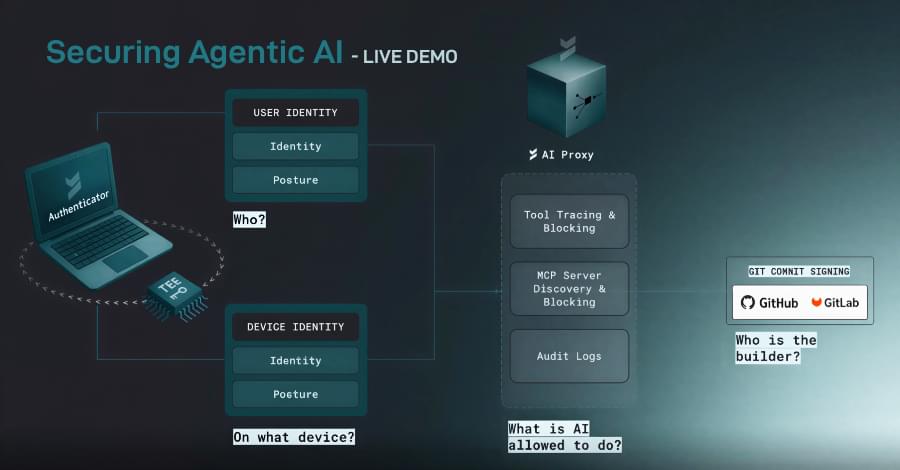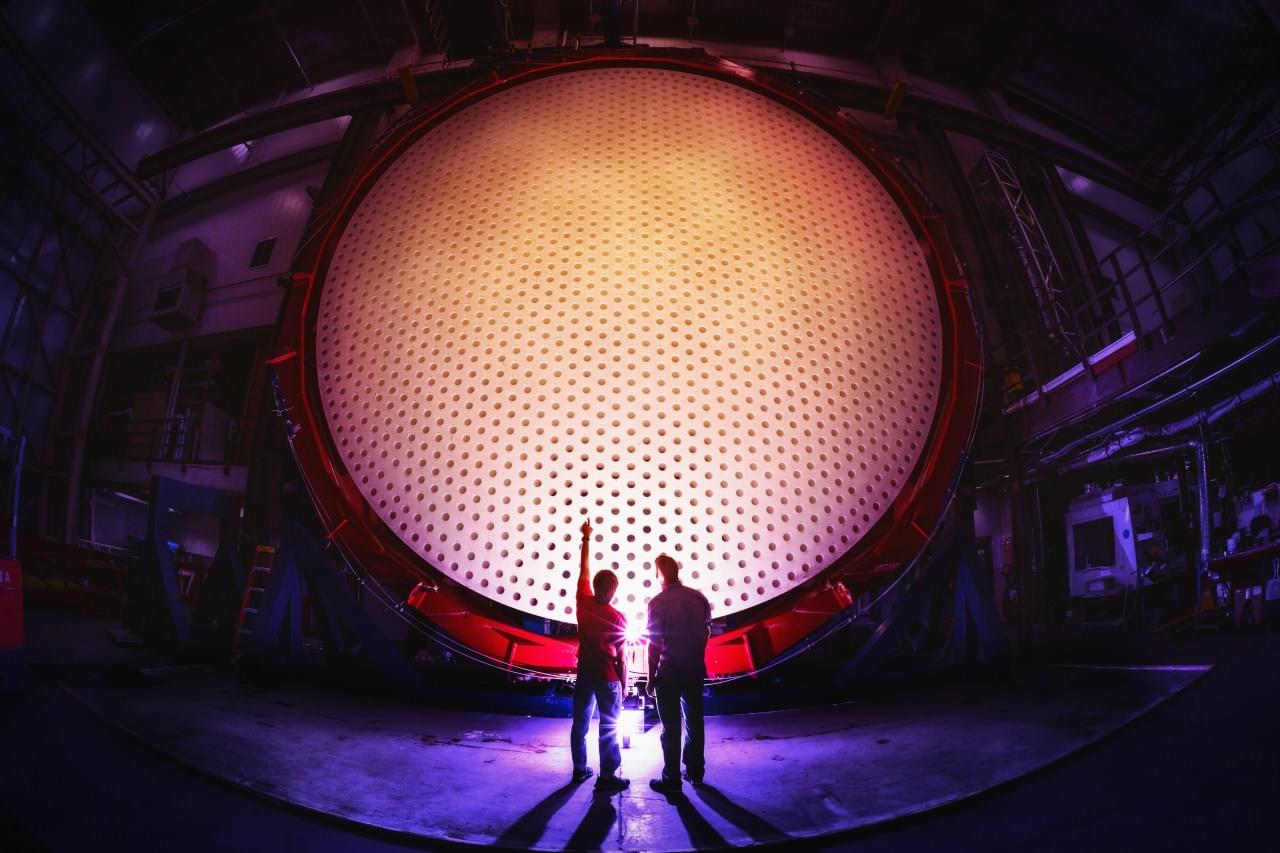Cybersecurity researchers have disclosed details of a new campaign dubbed SHADOW#REACTOR that employs an evasive multi-stage attack chain to deliver a commercially available remote administration tool called Remcos RAT and establish persistent, covert remote access.
“The infection chain follows a tightly orchestrated execution path: an obfuscated VBS launcher executed via wscript.exe invokes a PowerShell downloader, which retrieves fragmented, text-based payloads from a remote host,” Securonix researchers Akshay Gaikwad, Shikha Sangwan, and Aaron Beardslee said in a technical report shared with The Hacker News.
“These fragments are reconstructed into encoded loaders, decoded in memory by a. NET Reactor–protected assembly, and used to fetch and apply a remote Remcos configuration. The final stage leverages MSBuild.exe as a living-off-the-land binary (LOLBin) to complete execution, after which the Remcos RAT backdoor is fully deployed and takes control of the compromised system.”








